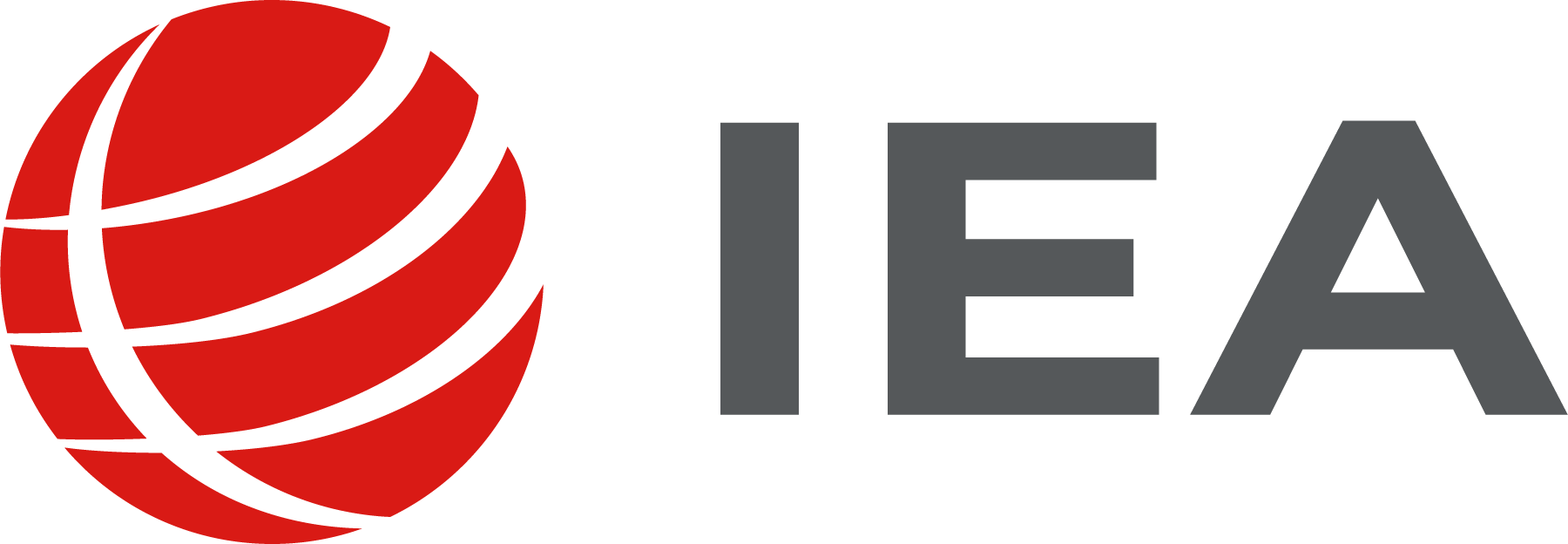With school closures and the gradual restart of school operations in the context of the COVID-19 pandemic, huge challenges arose regarding the organization of schools and teaching. Schools had to find solutions to handle an extraordinary situation. Identifying effective responses to the situation however also offered a chance for innovation, namely, if schools succeeded in using this experience to drive long-term developments in teaching and education overall.
The KWiK study aimed to accompany and support schools in this process in the longer term. For this purpose, problem-solving approaches in school practice were studied and analyzed over several measurement points. Scientific findings were reported back to schools to support them in their development work.
The KWiK study offered valuable insights into issues that had received limited attention in previous research. Also, these insights were especially pertinent for addressing the imminent challenges ahead. The following research questions where investigated:
- What measures have been and are being taken in schools to ensure the health protection of all persons involved?
- What consequences result from the measures towards health protection for the organization of teaching and schools on the one hand and the well-being of all persons involved on the other hand?
- How do schools organize teaching and learning to meet the requirements of a student body with highly diverse social and educational backgrounds?
School principals in 295 primary schools and 484 schools of secondary level I in seven German federal states participated in the first part of the survey (Autumn 2020), and have reported about the relevant problem-solving approaches used in their schools. The first results have released and shared back with the participating schools at the beginning of March 2021. A second survey took place in June 2021, where 260 school principals and 1026 teachers participated. Shortly after that, the schools received additional results from the first survey with a focus on open-ended answers. The third survey took place at the end of 2022, in which 193 principals and 1032 teachers took part. In parallel, a further brochure with important results from the second round was prepared for the participating schools and was published and sent to schools at the end of October 2022. The results from the third survey round were published in a final brochure in January 2024.
The KWiK study was a cooperative project of the Leibniz Institute for Science and Mathematics Education (IPN: Prof. Dr. Olaf Köller), the University of Hamburg (Prof. Dr. Dr. h.c. mult. Ingrid Gogolin) and the International Association for the Evaluation of Educational Achievement (IEA: Dr. Dirk Hastedt).
IEA was co-initiator of the KWiK study and part of the principal investigators.
IEA Hamburg was further responsible for the preparation and implementation of the KWiK study. This included taking care of the approval process with the ministries of education, contacting schools, creating the online questionnaires, data management and reporting.

